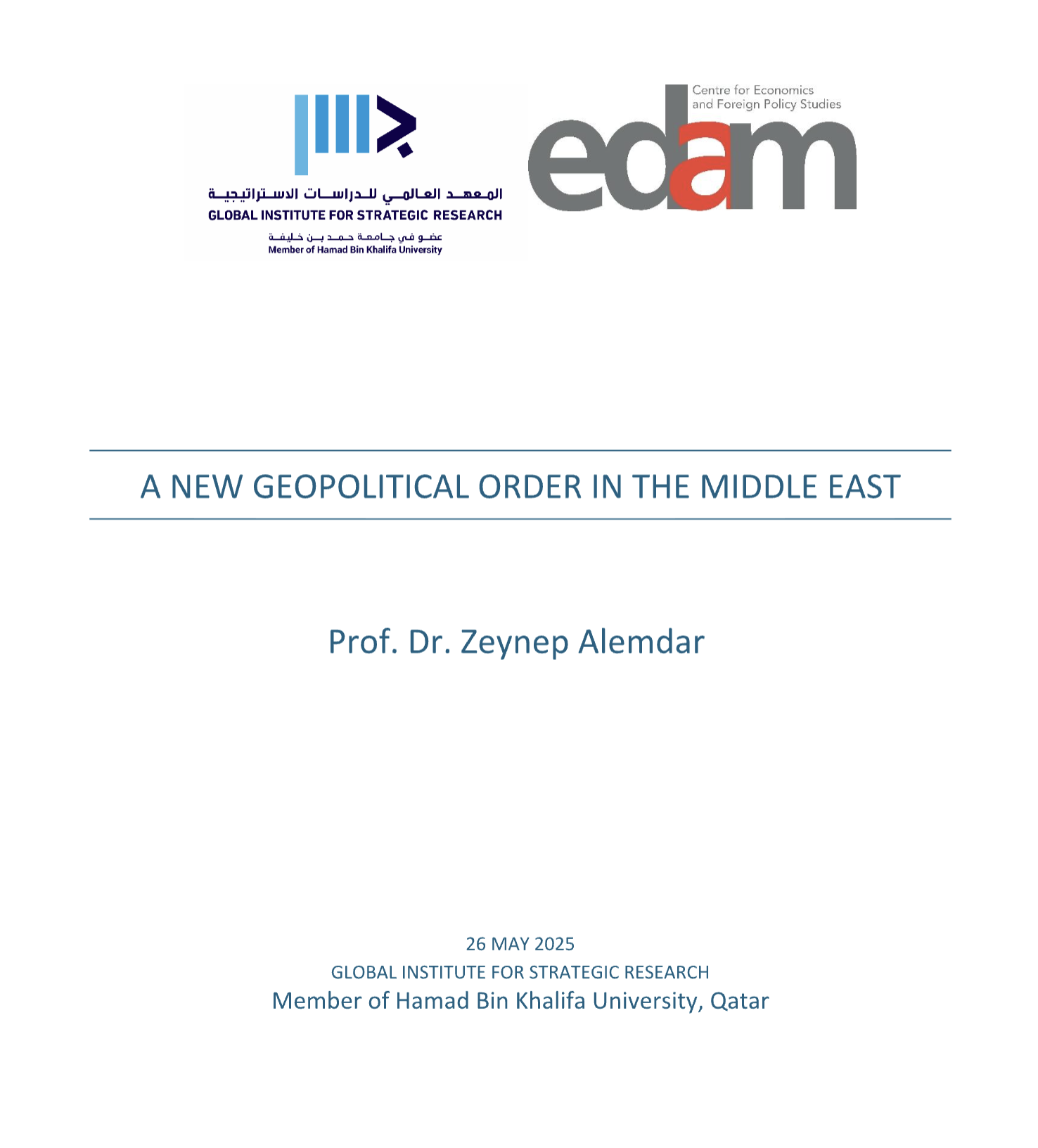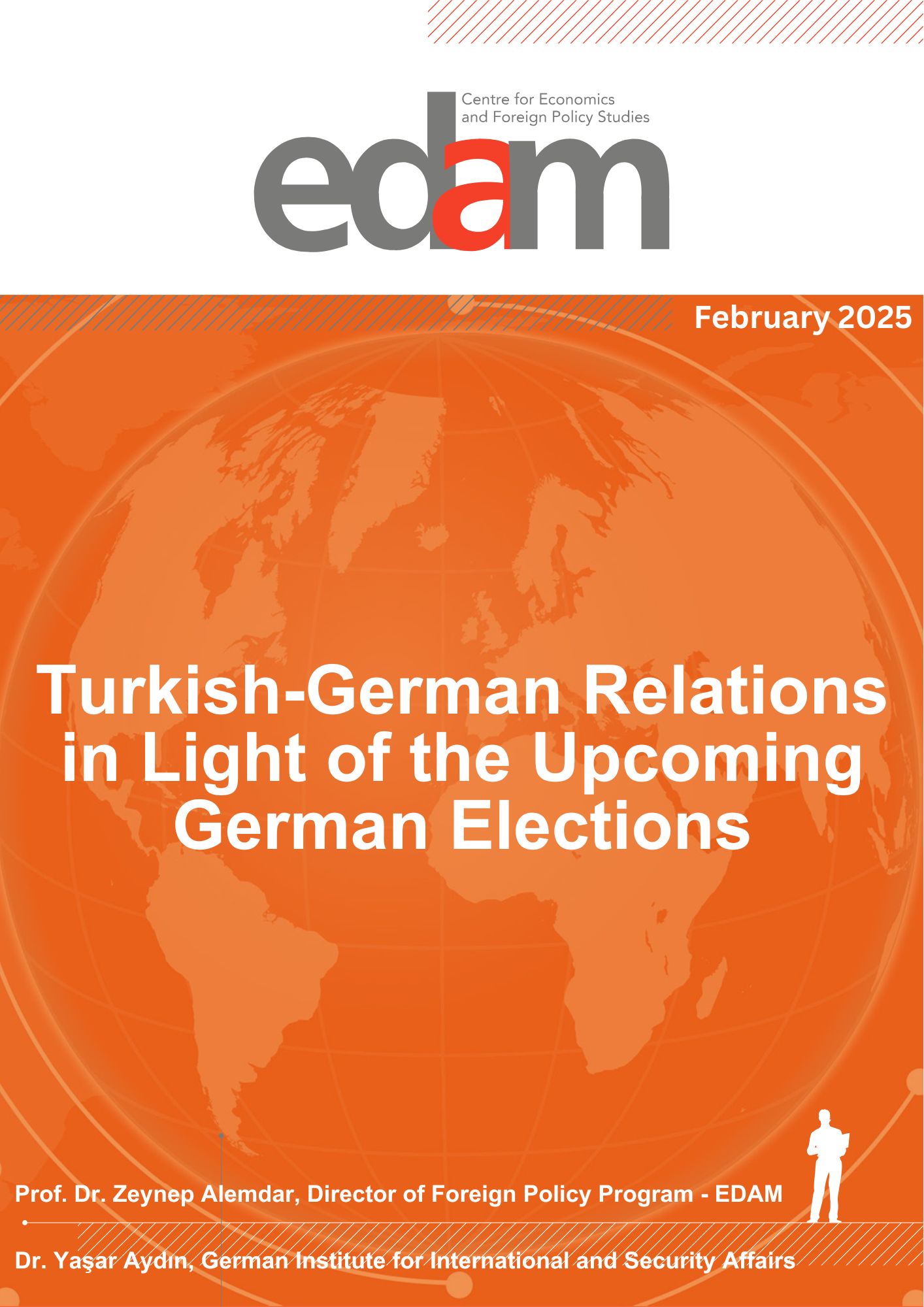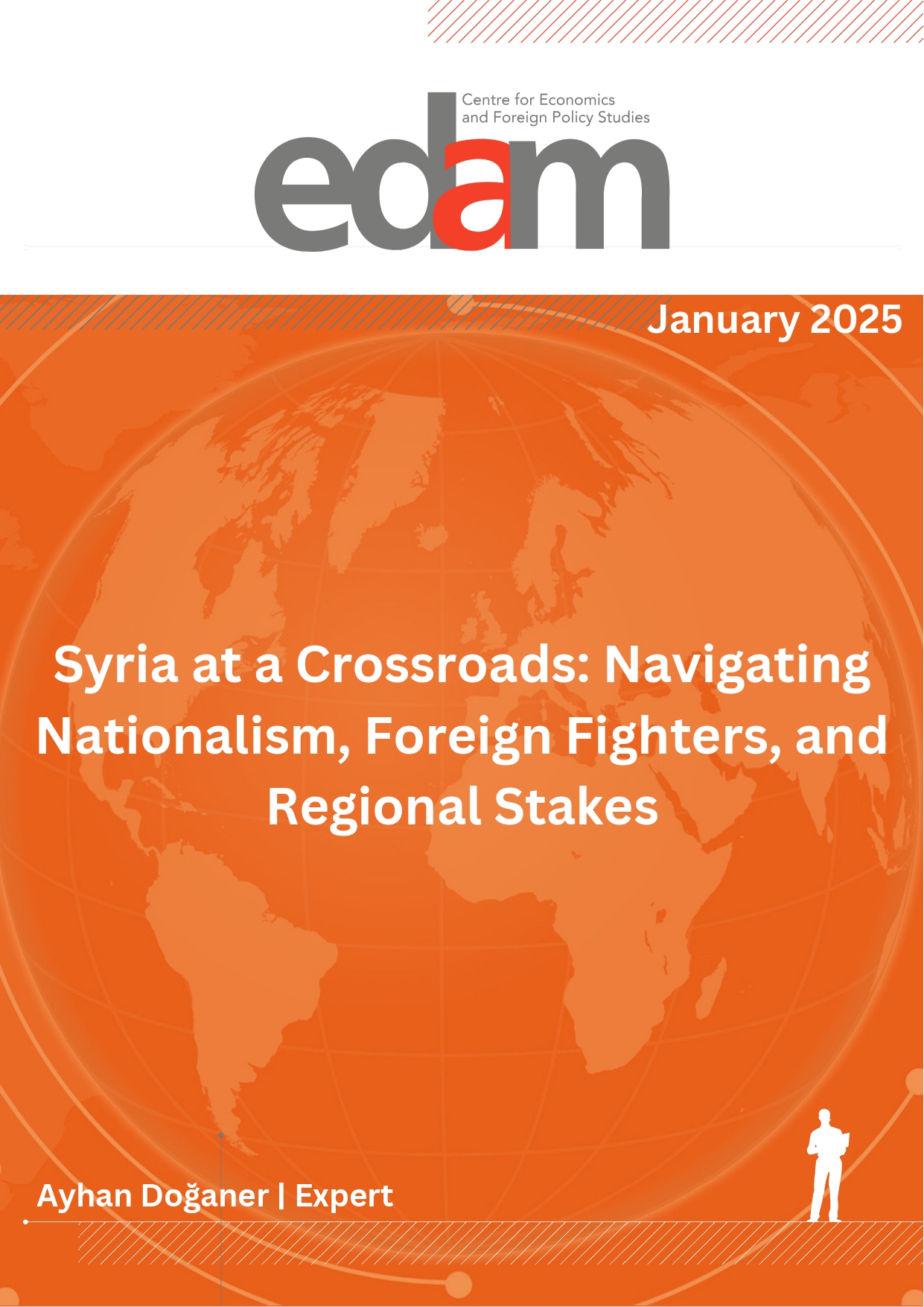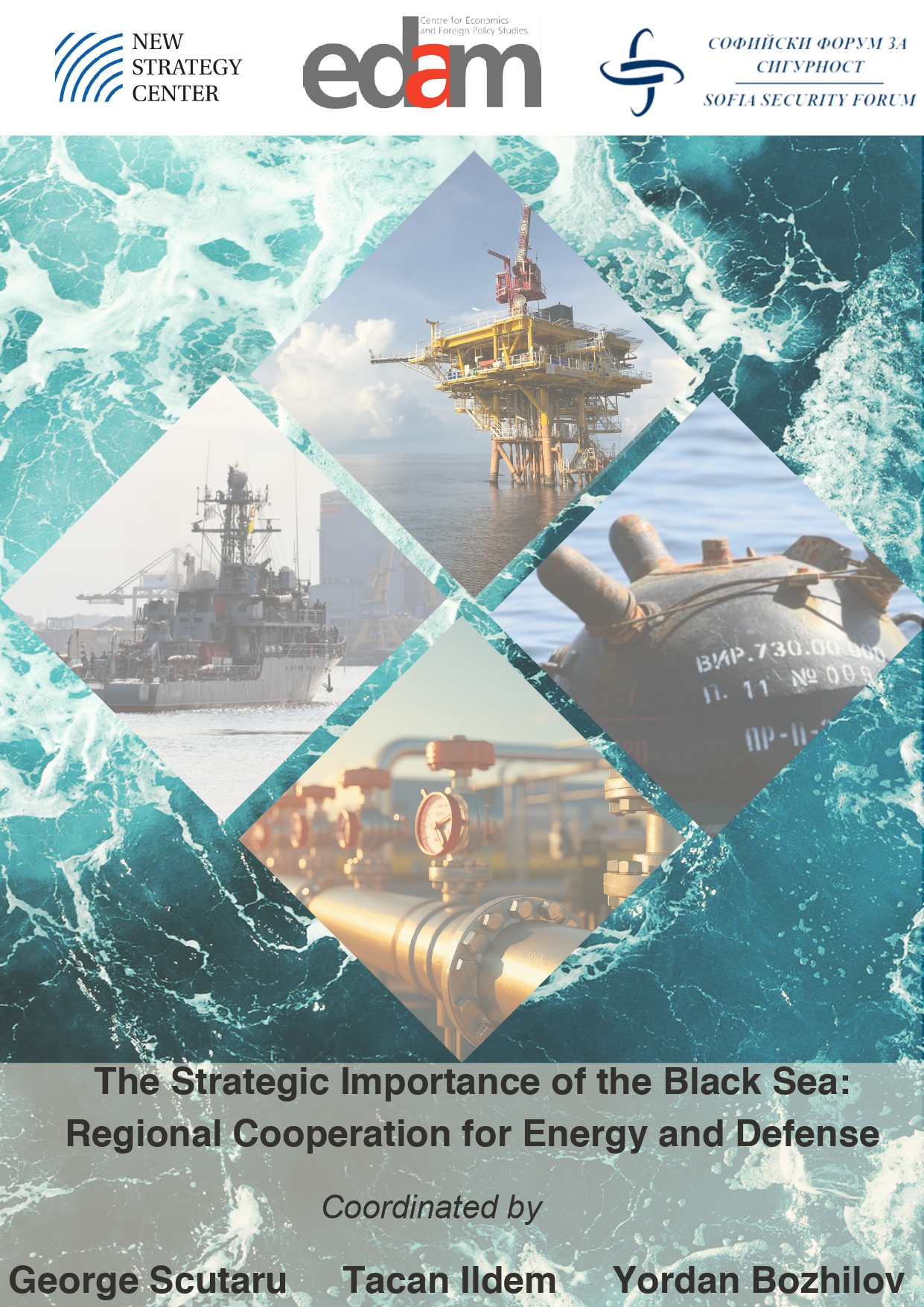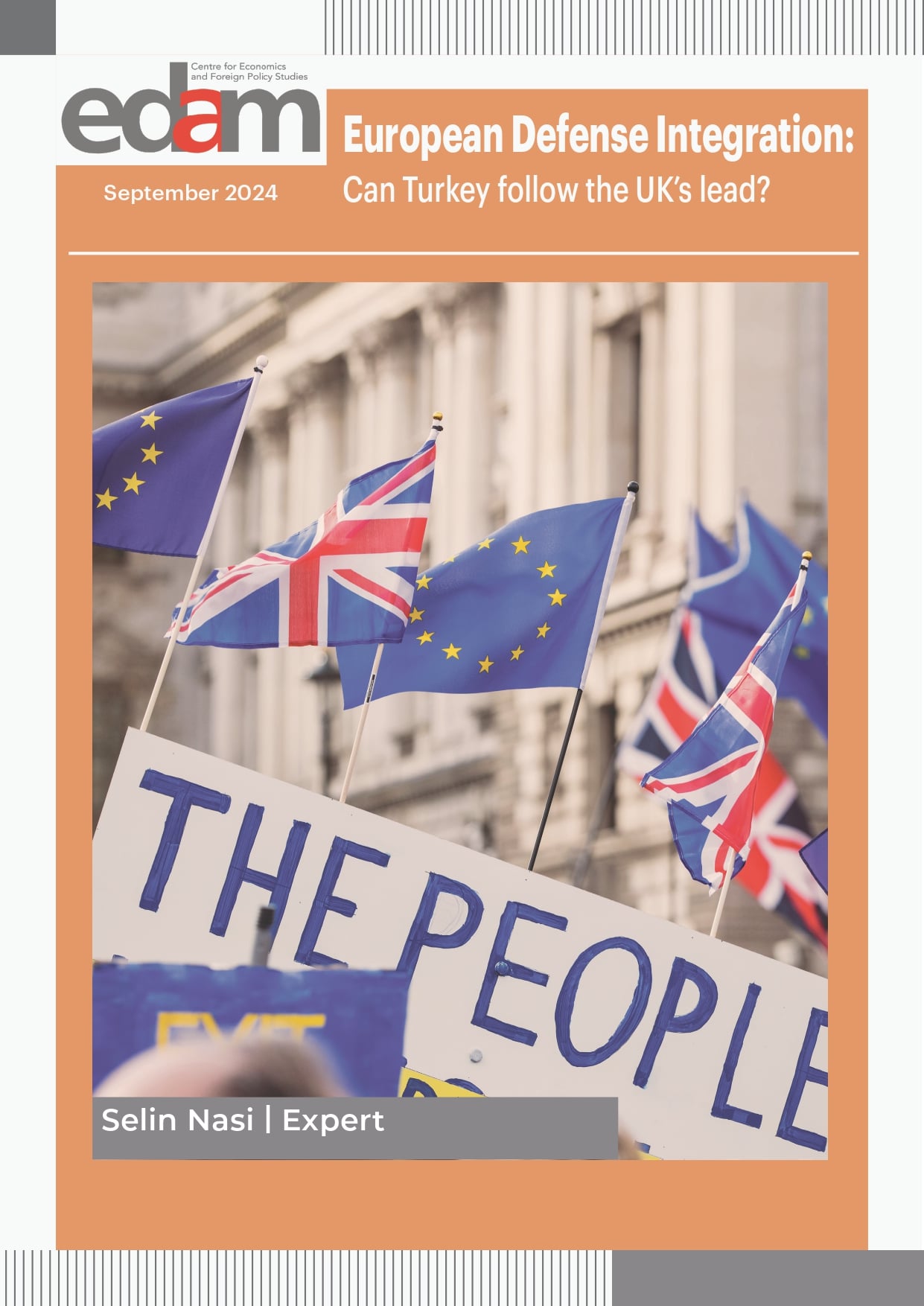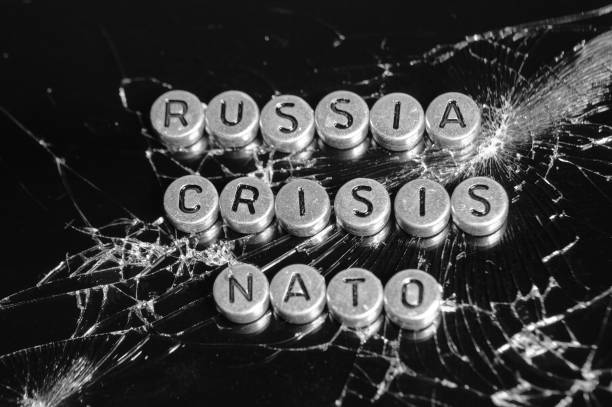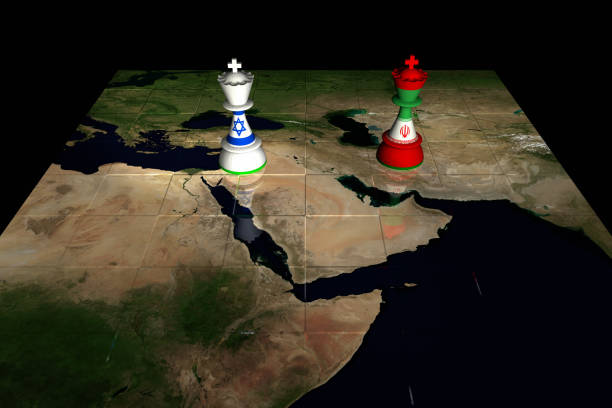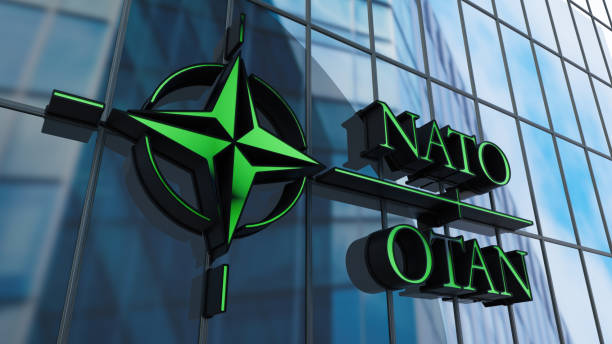The Nuclear Suppliers Group (NSG)
The Nuclear Suppliers Group is a group of nuclear suppliers countries that are seeking to curb the proliferation of nuclear weapons through the implementation of guidelines for the export of dual use nuclear technologies. The guidelines are implemented through the national legislation of each participating government. The NSG was formed after India’s nuclear test in 1974. The NSG guidelines incorporated the Zangger Committee’s trigger list into its nuclear export guidelines. After the discovery of the depth and breadth of Iraq’s clandestine nuclear program in 1991, the NSG updated their guidelines to include dual use items, and required that the supplier state demand full scope safeguards for nuclear transfers. Beginning in the early 2000s, there was a broader effort to tighten the supplier guidelines. In 2011, the NSG passed new guidelines that focus more tightly on the export of sensitive enrichment and reprocessing technologies.
Member states: Argentina, Australia, Austria, Belarus, Belgium, Brazil, Bulgaria, Canada, Croatia, Cyprus, Czech Republic, Denmark, Estonia, Finland, France, Germany, Greece, Hungary, Iceland, Ireland, Italy, Japan, Kazakhstan, Republic of Korea, Latvia, Lithuania, Luxembourg, Malta, Netherlands, New Zealand, Norway, People’s Republic of China, Poland, Portugal, Romania, Russian Federation, Slovak Republic, Slovenia, South Africa, Spain, Sweden, Switzerland, Turkey, Ukraine, United Kingdom, and United States.
The Australia Group
The Australia Group is an informal group of states that work on the basis of consensus to help exporters or transshipment countries minimize the risk of further proliferation of chemical and biological weapons (CBW). The 41 member states meet annually to discuss ways to ensure that would be proliferators do not gain access to the inputs banned under the chemical weapons convention.
Member states: Argentina, Australia, Austria, Belgium, Bulgaria, Canada, Croatia, Cyprus, Czech Republic, Denmark, Estonia, European Union, Finland, France, Germany, Greece, Hungary, Iceland, Ireland, Italy, Japan, Republic of Korea, Latvia, Lithuania, Luxembourg, Malta, Netherlands, New Zealand, Norway, Poland, Portugal, Romania, Slovakia, Slovenia, Spain, Sweden, Switzerland, Turkey, Ukraine, United Kingdom, and United States.
The HCOC is meant to compliment the Missile Technology and Control Regime by establishing a broad international norm against the proliferation of ballistic missiles. The HCOC is the only normative instrument to verify the spread of ballistic missiles. The Code does not call for limits on ballistic missiles, but is simply a Code of Conduct for the trade of ballistic missiles. Membership is not restricted and thus far 130 states have signed the conduct.
The MTCR is an informal group of states that share the common goal of preventing the proliferation of ballistic missiles, unmanned aerial vehicles, and related technologies. The regime consists of guidelines defined in the Guidelines and an Equipment and Technology Annex. The guidelines consist of national controls and procedures, a two-category common export control list, no impediment to national space programs, and no retransfers without authorization.
The equipment and technology annex defines to categories of items. Category I items of the equipment and technology annex include complete rocket and unmanned aerial vehicles (this includes cruise missiles) systems and sub-systems. Category II items include propulsion and propellant components and materials that could contribute to the construction of missiles and UAVs.
Member states: Argentina, Australia, Austria, Belgium, Brazil, Bulgaria, Canada, Czech Republic, Denmark, Finland, France, Germany, Greece, Hungary, Iceland, Ireland, Italy, Japan, Luxembourg, Netherlands, New Zealand, Norway, Poland, Portugal, Republic of Korea, Russian Federation, South Africa, Spain, Sweden, Switzerland, Turkey, Ukraine, United Kingdom, and United States.
Members of the Wassenaar Agreement are obligated to maintain rigorous export control laws analogous to those of the COCOM countries during the Cold War. Membership is universal and non-discriminatory so long as the countries meet the following criteria:
• Produce/export arms or associated dual-use goods and technologies;
• Implement national policies that do not permit the sale of arms or sensitive dual-use items to countries whose behavior is a cause for concern;
• Adhere to international nonproliferation norms and guidelines; and
• Implement fully effective export controls.
Member states must be members of or acting in accordance with the Treaty on the Nonproliferation of Nuclear Weapons, Missile Technology Control Regime, Chemical Weapons Convention, and the UN Register of Conventional Arms.
Participating States: Argentina, Australia, Austria, Belgium, Bulgaria, Canada, Croatia, Czech Republic, Denmark, Estonia, Finland, France, Germany, Greece, Hungary, Ireland, Italy, Japan, Latvia, Lithuania, Luxembourg, Malta, Mexico, Netherlands, New Zealand, Norway, Poland, Portugal, Republic of Korea, Romania, Russian Federation, Slovakia, Slovenia, Spain, South Africa, Sweden, Switzerland, Turkey, Ukraine, United Kingdom and United States.
The committee was formed in 1971 by Claude Zangger to draft a “trigger list” of (a) source or special fissionable materials, and (b) equipment or materials especially designed or prepared for the processing, use, or production of special fissionable materials. Under Article 3.2 of the NPT, these items should be subjected to safeguards. In 1974, the Zangger Committee published a Trigger List – a list of items that would “trigger” a requirement for safeguards – and guidelines governing the export of those items to NNWS not party to the NPT. The ZC guidelines established three guidelines for supply: 1) non-explosive assurance, 2) IAEA safeguards agreement, 3) and a re-transfer provision that requires the recipient states to apply the same provisions when re-exporting the items.
The committee is informal and the guidelines are enforced with national legislation. The export control lists are published in IAEA Information Circular 209.
Membership: Argentina, Australia, Austria, Belgium, Belarus, Bulgaria, Canada, China, Croatia, Czech Republic, Denmark, Finland, France, Germany, Greece, Hungary, Ireland, Italy, Japan, Kazakhstan, Republic of Korea, Luxemburg, The Netherlands, Norway, Poland, Portugal, Romania, Russian Federation, Slovakia, Slovenia, South Africa, Spain, Sweden, Switzerland, Turkey, Ukraine, United Kingdom and United States of America.
The Proliferation Security Initiative seeks to increase international cooperation in interdicting shipments of weapons of mass destruction (WMD), their delivery systems, and related materials. Former President George W. Bush announced PSI on 31 May 2003. PSI does not create a new international framework, but is designed to use existing national authorities and international law to achieve its goals. When first announced, 11 nations signed on to the “Statement of Interdiction Principles” that guides PSI cooperation. As of May 2012, 98 nations have committed to the PSI principles, but the extent of participation varies from country to country. PSI has no secretariat, but an operational group of experts from 21 participating countries.
Participants: Afghanistan, Albania, Andorra, Angola, Antigua and Barbuda, Argentina, Armenia, Australia, Austria, Azerbaijan, Bahamas, Bahrain, Belarus, Belgium, Belize, Bosnia and Herzegovina, Brunei Darussalam, Bulgaria, Cambodia, Canada, Chile, Colombia, Croatia, Cyprus, Czech Republic, Denmark, Djibouti, El Salvador, Estonia, Fiji, Finland, France, Georgia, Germany, Greece, Holy See, Honduras, Hungary, Iceland, Iraq, Ireland, Israel, Italy, Japan, Jordan, Kazakhstan, Kuwait, Kyrgyzstan, Latvia, Liberia, Libya, Liechtenstein, Lithuania, Luxembourg, Macedonia, Malta, Marshall Islands, Moldova, Mongolia, Montenegro, Morocco, the Netherlands, New Zealand, Norway, Oman, Panama, Papua New Guinea, Paraguay, Philippines, Poland, Portugal, Qatar, Republic of Korea, Romania, Russia, Samoa, San Marino, Saudi Arabia, Serbia, Singapore, Slovakia, Slovenia, Spain, Sri Lanka, Saint Vincent and the Grenadines, Sweden, Switzerland, Tajikistan, Tunisia, Turkey, Turkmenistan, Ukraine, United Arab Emirates, United Kingdom, United States, Uzbekistan, Vanuatu, Yemen.
UNSCR 1540 requires that all states implement national measures to prevent the non-state actors from acquiring WMD, related materials, and their means of delivery. The resolution, adopted under Chapter VII of the UN Charter, is legally binding on all UN member states. In April 2011, the Security Council extended the mandate of UNSCR 1540 for 10 years. The resolution includes provisions related to: 1) export and border control, 2) nuclear security and physical prevention, 3) prevention of terrorism financing, 4) and other related activities.

